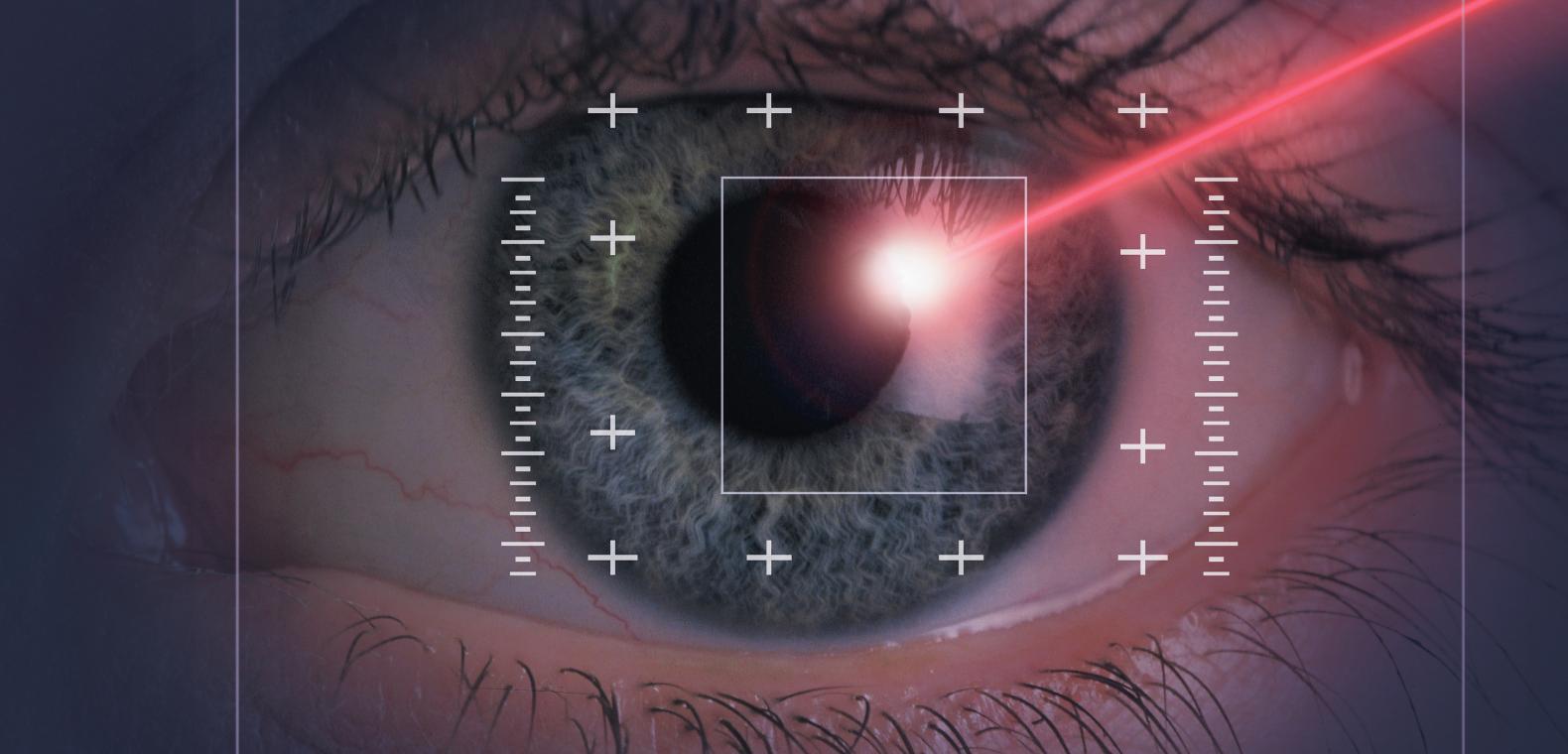
Zoster Eye Disease Study
NYU Langone’s Zoster Eye Disease Study (ZEDS) was a multicenter randomized clinical trial that investigated whether long-term, low-dose antiviral treatment is effective in delaying new or worsening eye disease, lessening chronic pain, or both, in people with a form of shingles that affects the eye, called herpes zoster ophthalmicus (HZO). Shingles, also called herpes zoster, is caused by localized reactivation of the virus that causes chickenpox, known as the varicella-zoster virus.
The purpose of our study was to find out whether one year of a low dose of the oral antiviral medicine valacyclovir reduces complications of HZO. Our study was funded by the National Eye Institute of the National Institutes of Health (NEI/NIH; grant U10 EY026869) and registered at clinicaltrials.gov (under ID NCT03134196). The study was completed in July 2024.
Study Results
The results of the Zoster Eye Disease Study were announced at the Cornea and Eye Banking Forum meeting on October 18, 2024, and Cornea Subspecialty Day at the Annual Meeting of the American Academy of Ophthalmology (AAO) on October 19, 2024, in Chicago. A presentation summarizing the results can be found here: ZEDS Results 2024.
We would like to extend our utmost appreciation for our study participants. Their time and effort allowed ZEDS to help answer important questions about how to better treat patients with HZO. The study could not have been completed without volunteers like them.
We would also like to thank the study teams at all of the ZEDS participating clinical centers for their hard work and dedication to the study over the years. Our research teams and study participants helped make this contribution possible to science and eye care.
participating clinical centers across the United States, Canada, and New Zealand
participants screened
participants enrolled and randomized

